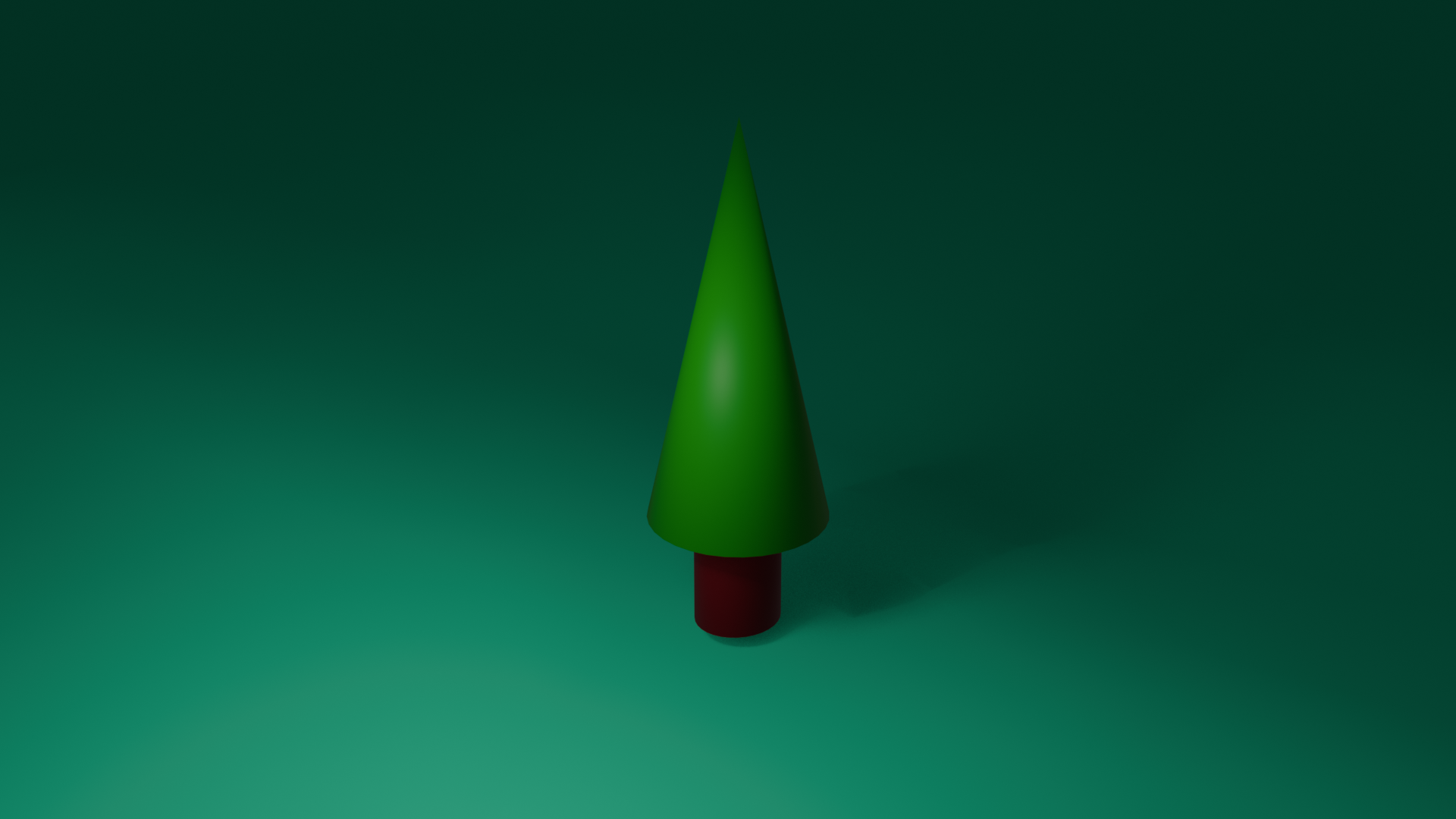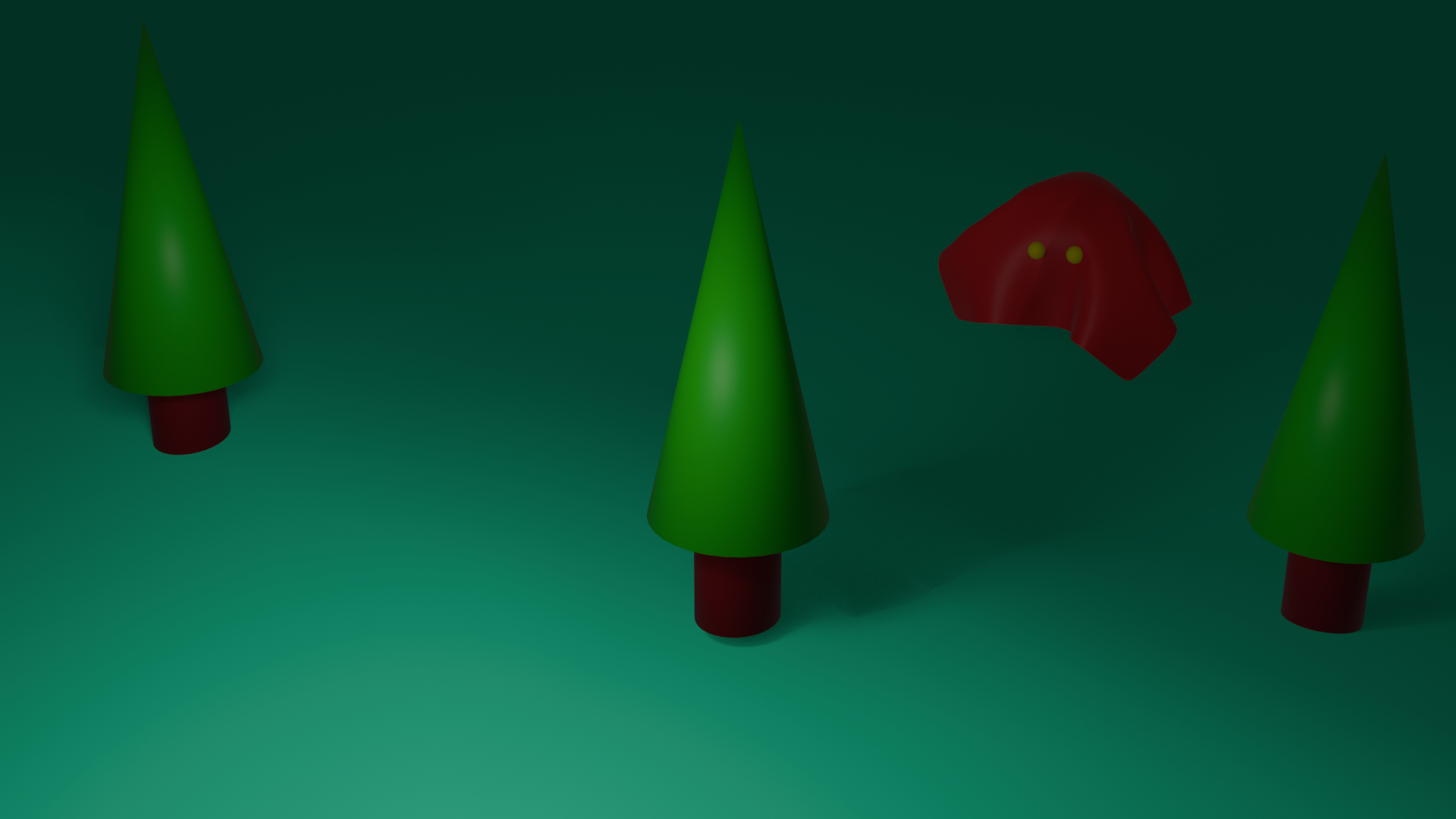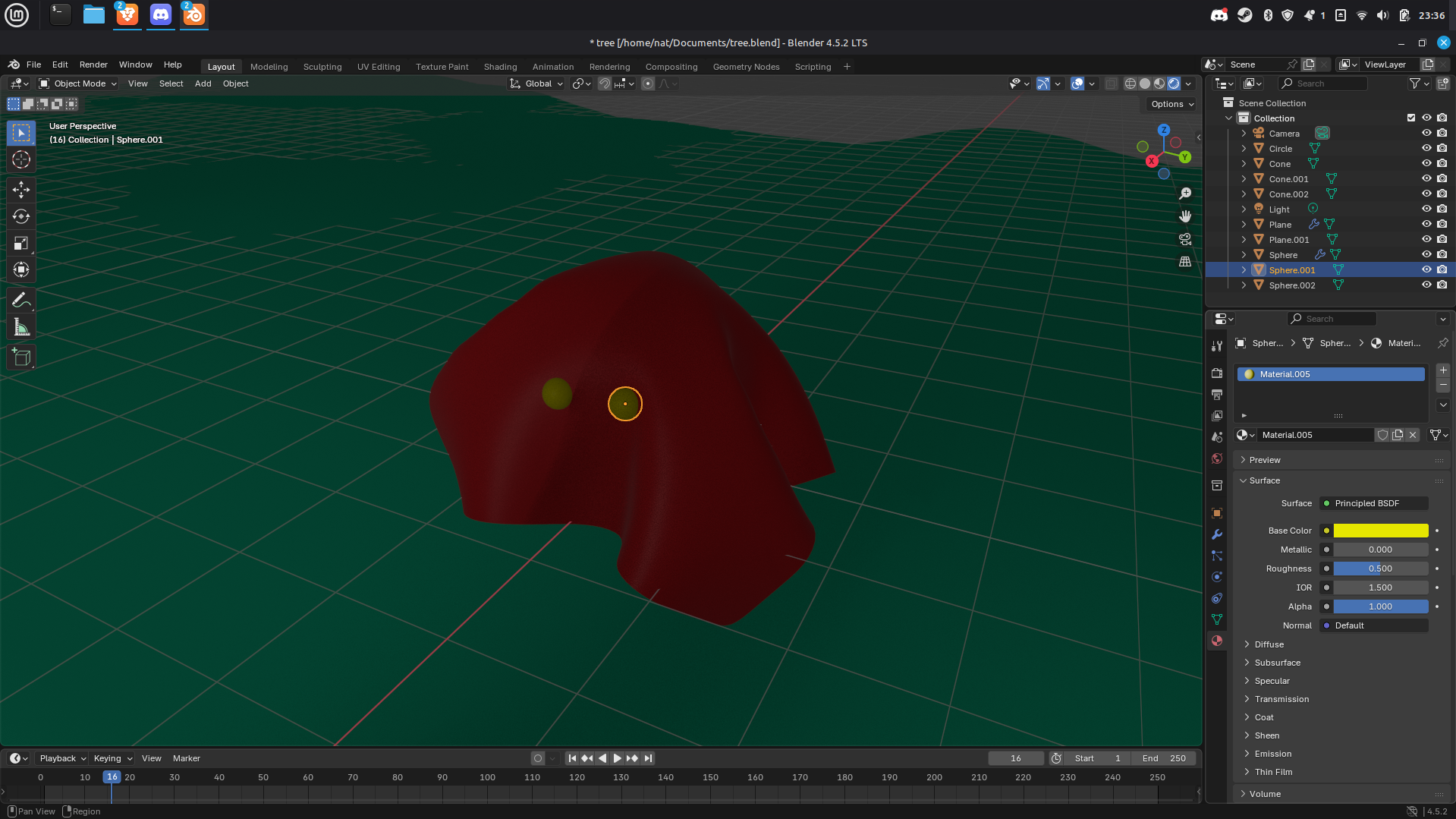Learning to do anything as a hobbyist.
Hello!
This is the second time I use a forum so excuse my inexperience
I started learning modelling again after a huge pause, I found out that following those "donut" tutorials really burns me out badly, so, I wanted to ask, how do you learn things?
I made like two or three renders, but I do not know how to expand them, I want to learn how to use those sculpting brushes to make the tree look more "natural" or learning what "extruding" is to make branches, or how to make "materials" for the tree to be more.. tree like..
I know some donut tutorials show all of that, but I don't know, it just burns me out so bad, are there any other type of learning materials? If so, how can I find/use them?



I also feel like I'm missing something.
I remember the material page being something "node-like"

This is the second time I use a forum so excuse my inexperience
I started learning modelling again after a huge pause, I found out that following those "donut" tutorials really burns me out badly, so, I wanted to ask, how do you learn things?
I made like two or three renders, but I do not know how to expand them, I want to learn how to use those sculpting brushes to make the tree look more "natural" or learning what "extruding" is to make branches, or how to make "materials" for the tree to be more.. tree like..
I know some donut tutorials show all of that, but I don't know, it just burns me out so bad, are there any other type of learning materials? If so, how can I find/use them?



I also feel like I'm missing something.
I remember the material page being something "node-like"


Replies
I don't want to do a donut, I want to do [something] and I feel strong aversion to watch unnecessarily long videos with music, silly jokes and FX narrated by tiny heads. That doesn't mean tutorials are terrible, they're just not my cup of tea. They might not be yours either.
So I find something in specific that I want to create then read the software tooltips, the manual, or do a web search when I need to learn a tool or approach to execute that project. I click on buttons, change settings and see what happens. I do look up tutorials if they cover what I need to know and I couldn't find anything else, but I rarely watch them in full. I prefer written material whenever possible because it's easier to skim and find what you need.
Also: do not think (in general) that there is just one way to do it or only one tool to use.. if humankind would have thought only so then there would have not be any invention.. ( fire ? who needs fire ?? if humans are supposted to have fire then they would have fire breath like dragons..)
For any modelling it's sometimes interesting to know a little about how this is made in real live.. but you do not have to make it like so ( for example no need for any ingredients for.. let's say a donut
you can ask on here as well of course. eg. if you want to make the tree look like a tree, pop a post up here saying 'here's my tree, i want it to look like this tree (add a picture) but i dont know how to make that' and someone will help.
It's much easier for the other users to help with specific questions than with more general 'how do i do a modelling?' type questions (tbf you asked in the best way possible here) because there are far fewer right answers to more specific questions.
Your brain is more powerful than all the world's super-computers combined. It is an extremely advanced learning machine. It's your psychology which struggles to learn. In your head you make many nonsense problems which disrupt the learning process. Focus reduces this disruption and allows the brain to pool its resources, making it far more effective.
Please know that *you* never solve problems or come up with ideas. Your brain does. All you do is change your focus from one item to another, and change the quality of that focus. This makes learning extremely easy because you never have to worry about memorizing or understanding anything at all. All you have to do it generate positive focus. When you can tap into this your mental performance becomes virtually super-human.
Strangely few people invest in their ability to learn, so here's a great chance to get ahead.